When I started writing again, I bought several books on the craft. They didn't help. As it turns out, the best writing "class" I ever took was being edited by a very patient, and strict, editor. She changed the way I thought about storytelling. Other helpful classes have been the master classes I attend at Saints and Sinners Literary Festival every year. My favorites have been the ones taught by Jim Grimsley. He knows how to teach the subject. I still refer to my notes from his sessions. The panels are fun, but the master classes are where I learn.
By far, the act of writing seems to be the best way to learn the craft. Reading helps a lot too. Read inside your genre. Read outside your genre. Read classics. Read best sellers. Read trashy fun little things. Read TDS - truly dreadful stuff (not too much though. a little goes a long way)
But as I'm heading into another novel, I decided to pick up those how to books I haven't touched in years, because I figure I'm still on a learning curve and plan to continue improving. Thus the second try at these instructional books. I'm getting a lot more out of these books this time around than I did last time. Having wrestled with plots, developed characters, and tried to pitch my inexplicably complicated tales a few times, I can finally see what they're getting at. However, I can't help but feel that they're over-complicating the whole creative process. You either are creative, or you aren't. If you are, you need to learn how to translate your vision so other people can share it, but really, is interviewing your character going to help you create him/her/hir/it/? I don't think so. If the character doesn't exist in your imagination as a fully dimensional person, then making lists about her won't help. I think these books don't really exist to help people to write better. I think they exist to be sold to hopeful writers.
When I was in high school, several of my teachers banded together to raise money to send me to a writer's conference because they had faith in my talent. That was incredibly wonderful of them, so I didn't have the heart to tell them that it was a miserable experience. The first class I went to, the instructor pointed at me and demanded to know how I chose to write in first or third person. I had no idea what that meant. After ridiculing me for a bit and explaining it (from the flurry of note taking, I have a feeling many others in the class had no idea either), he said something snarky along the lines of, "Now that I've explained this basic concept that I can't believe you didn't know, tell me how you decide." I shrugged and said, "It depends on how the story comes to me. It either feels right, or it doesn't. I do what feels right." "WRONG!" he shouted and wagged his finger in my face. "You're doing it all WRONG!"
I didn't dare write again for years.
Now that I'm writing again, I know that professor was wrong. Not me. Picking the voice is an intuitive thing for me, and I think it is for many writers. Yes, it's possible to start in the wrong voice, but eventually most writers figure it out and fix it in the re-write. There's no reason to read a book about voice. A book can give examples, but if you're ever read anything, you've already seen examples. A book can suggest reasons why one might work better than another, and talk about the pluses and minuses of each voice, but it's all going to be general theory. It will never be specific to your work, and really, isn't that the level of help we need to improve our craft? I'm not saying that all books on writing are a waste of money. Browne and King's Self-Editing for Fiction Writer's is a must have, IMHO. But the others??? I'm determined to re-read these books on my shelves. I keep thinking that there has to be more in them, something I wasn't ready to hear the first time, but now I'll be receptive and have a eureka moment. All will become clear. Or I'll be thoroughly pissed (again) that I wasted my money.
Thursday, March 05, 2009
Subscribe to:
Post Comments (Atom)










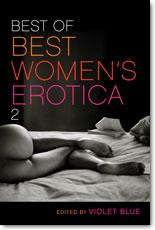

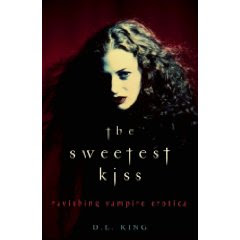


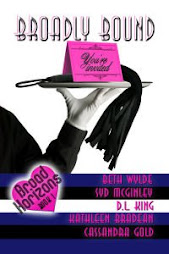.jpg)
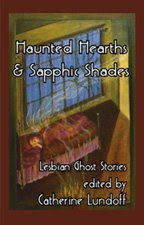

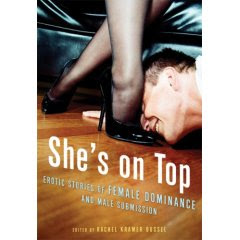





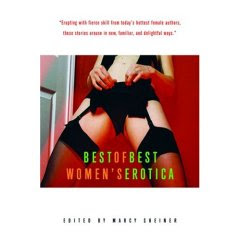


2 comments:
Ursula LeGuinn's Stearing the Craft is great too. I really like John Gardener's the Art of Fiction for examples of specifics from fiction. my main use for books on writing is when i want to cite examples of technique etc to other writers. for instance, there's a great book called Word Painting: A Guide to Writing More Descriptively by Rebecca McClanahan. it's come in handy to explain how and why to replace such bland qualifiers as beautiful.
I have never liked those "How to write" books. Never. The only how-to book I've read that ever helped me with writing was a book called "How To Work When The Kids Are Home." Note the title says nothing about writing. It was all about juggling schedules and figuring out how to steal some time for yourself. Some rather helpful ideas in that book. But as for the how-to write books? Strunk & White are about it for me.
Post a Comment